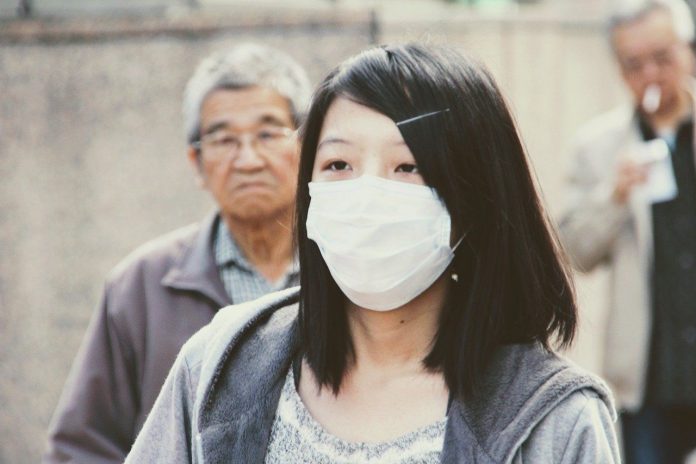Fallout from the Covid-19 coronavirus will be six times worse for the travel industry than the terrorist attacks of 9/11, a new report from Tourism Economics estimates.
The analysis, which the U.S. Travel Association said it presented to the White House on Tuesday, forecasts the virus and the resulting restrictions will inflict a $809 billion hit on the U.S. economy. The travel industry will be hit harder than any other sector, resulting in the loss of 4.6 million travel-related American jobs this year.
Total spending on travel in the U.S. — including transportation, lodging, retail, attractions and restaurants — is projected to plunge by $355 billion for the year, a 31% decrease. That is six times greater than the impact of 9/11, the report said.
Additionally, the analysis said, estimated losses by the travel industry alone are severe enough to push the U.S. into a protracted recession, and the projected 4.6 million travel-related jobs lost would nearly double the U.S. unemployment rate.
U.S. Travel CEO Roger Dow said after a meeting with President Trump, Vice President Pence and Commerce Secretary Wilbur Ross that the industry needs several hundred billion dollars in direct grants. The message from the president, he said, was that he will “act big, fast and immediate.”
“We are facing a catastrophe that is sudden and needs to be fixed suddenly,” Dow said. “We need a workforce stabilization fund across the board, and fast, for the entire industry.”
Dow also said, “This situation is completely without precedent. For the sake of the economy’s long-term health, employers and employees need relief now from this disaster that was created by circumstances completely out of their control.”
In the meeting with the president, travel leaders proposed relief packages for the travel sector that would provide aid for both employees and small-business owners. A proposed $150 billion package would be for the lodging sector, much of which is comprised of small businesses.
Dow said 83% of all travel employers are small businesses.
“Travel-related businesses employ 15.8 million Americans, and if they can’t afford to keep their lights on, they can’t afford to keep paying their employees. Without aggressive and immediate disaster relief steps, the recovery phase is going to be much longer and more difficult, and the lower rungs of the economic ladder are going to feel the worst of it.”
Dow also pointed out how travel is an engine that drives other parts of the economy.
“What happens when people travel, it’s where sales deals are drawn, products are sold and it actually has tentacles through the entire economy,” he said. “So if travel stops, basically the economy stops because we’re so tied together. It’s so important to understand that if you peel the onion, so many other things are attached when people, especially for business, make a trip.”


























